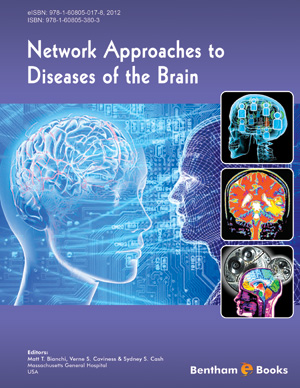Abstract
Sleep is a state of altered consciousness accompanied by dynamic changes in metabolic activity and neural activity patterns. As such, research into the mechanisms of sleep and the consequences of sleep related disorders represents a frontier of human physiology in need of increasingly sophisticated analytical tools. Methodologies spanning electroencephalographic, magnetoencephalographic, functional magnetic resonance imaging, and autonomic metrics continue to uncover important details of sleep physiology. In addition, novel approaches to modeling sleep-wake state transitions continue to enhance our understanding of the overall architecture of sleep in healthy and disrupted sleep. Given the importance of sleep for mood, performance, restoration, and plasticity, these approaches hold promise for rapid clinical translation - not only for improved diagnosis and characterization of disrupted sleep across its many contributing etiologies, but also for treatment aimed at harnessing the benefits of consolidated sleep. This chapter reviews recent developments in these domains, and their potential clinical applications.
Keywords: REM sleep, NREM sleep, cerebral metabolism, autonomic, insomnia, slow wave sleep, state transitions.






















